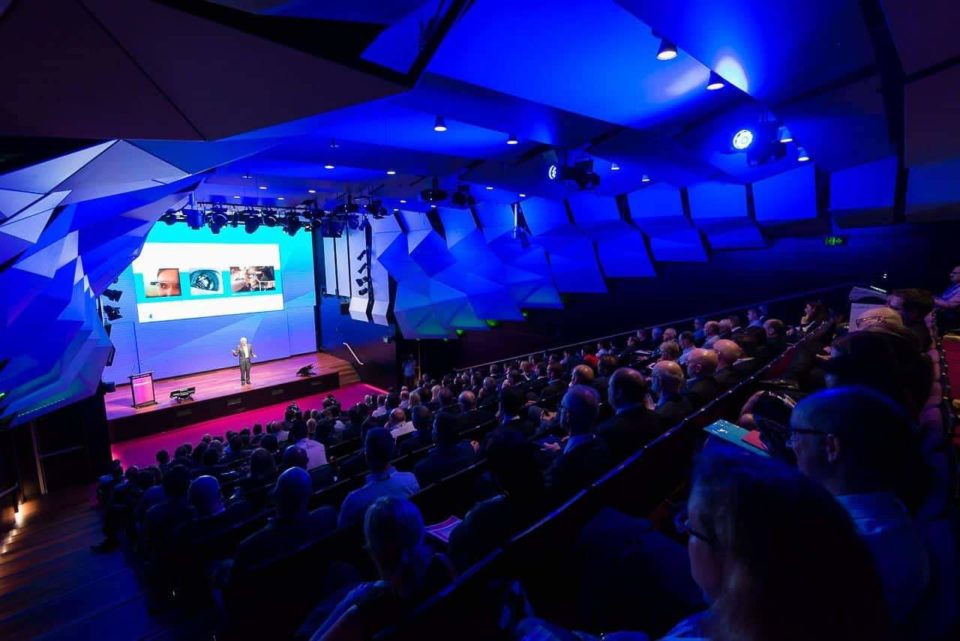Intellectual property covers many areas. Here I want to look specifically at copyright and moral rights. How it affects content creators and those who use their content. Some of the what, why and how.
Disclaimer!
I am not a lawyer and anything you read here should be clarified with qualified legal advice for your own circumstances.

Copyright
To encourage people to create new content it is protected from being stolen and profited from. You can’t copyright an idea. The work has to be “fixed” in a material way and that includes images, videos, drawings, books, etc,.
There is over 200 years of commerce based on copyright. What we think of copyright today goes back to the Berne International Copyright Convention of 1886. The key word there is International. Citizens of countries who signed up to the convention have their copyright covered worldwide, mostly. Depending on your country, copyright lasts for 70 years after the death of the author.
Copyright is granted at the time of creation. You do not have to register your work for it to be copyrighted. However, in the USA copyright does have to be registered to sue for statutory damages.
Value
Why is copyright fussed over? Governments want it to encourage new creations. Authors want it to have financial and creative control over their creations. Businesses want it so they can license it.

License
So many interactions we do require an agreement. Right now you have made legally binding agreements with this website, your ISP and the operating system vendor.
Content creators sell a license to use their material. That can include time, location and where it is used and/or an exclusive license. Just like a software license, the more extensive the use the more the license fee will be. It makes no sense to purchase an enterprise licence for Microsoft Office if you only use it at home on one computer.

Moral Rights
Copyright is the economic value of protecting authors. Moral rights protect the authors right to attribution. It is separate to copyright. Both are intellectual property and negotiated independently.
Fair Use
Again, depending on your jurisdiction, copyrighted material may be used for certain purposes such as education, personal use and other areas that are not commercial.
It is a myth that slightly modifying a copyrighted work to create a derivative makes a new original. Music, recipes and images are often the victim of this infringement. You can’t sample part of a recording, change one or two recipe ingredients, or Photoshop parts of an image and declare it your own. No, not even artists, unless it’s substantially different. Or a parody.
Crown copyright
If you create content for some jurisdictions including Australian States and Federal government departments, they own copyright by default. You can negotiate the copyright assigned to you the author through a contract.

Win, Win
When you create or consume content do not undervalue its copyright. It has financial value otherwise nobody would want it. Copyright and moral rights are not something to give away or expect for free. A fairly negotiated contract with written terms and conditions respects those who create content and those who license it. Then we all encourage and enjoy fresh, new content.
Comments are welcome at Linkedin.
